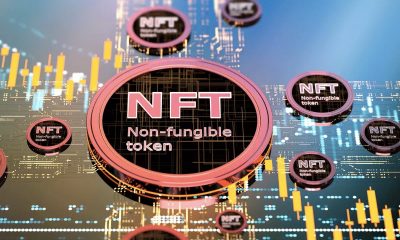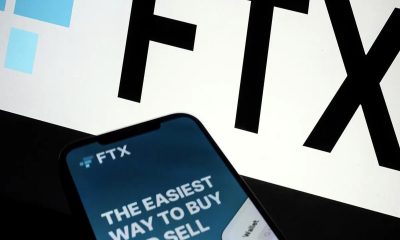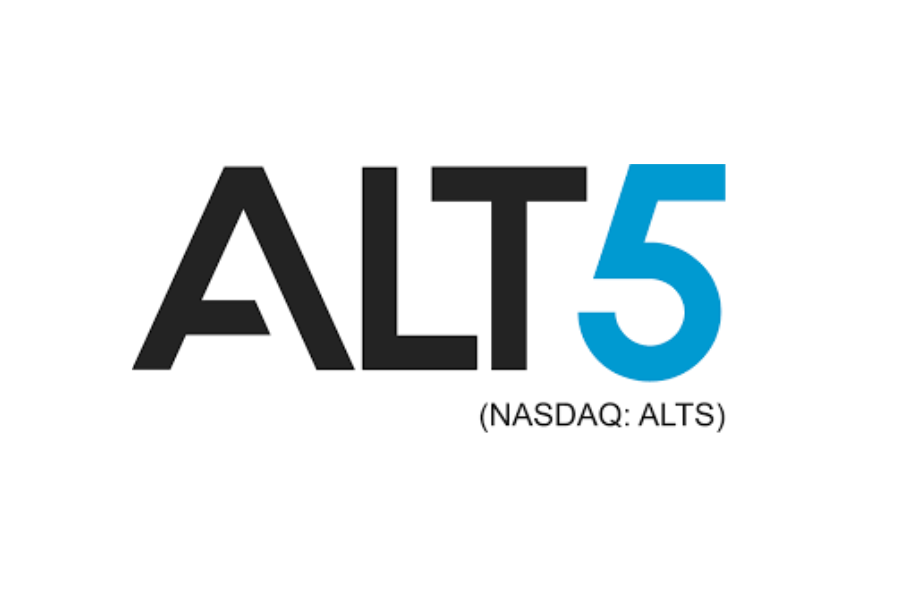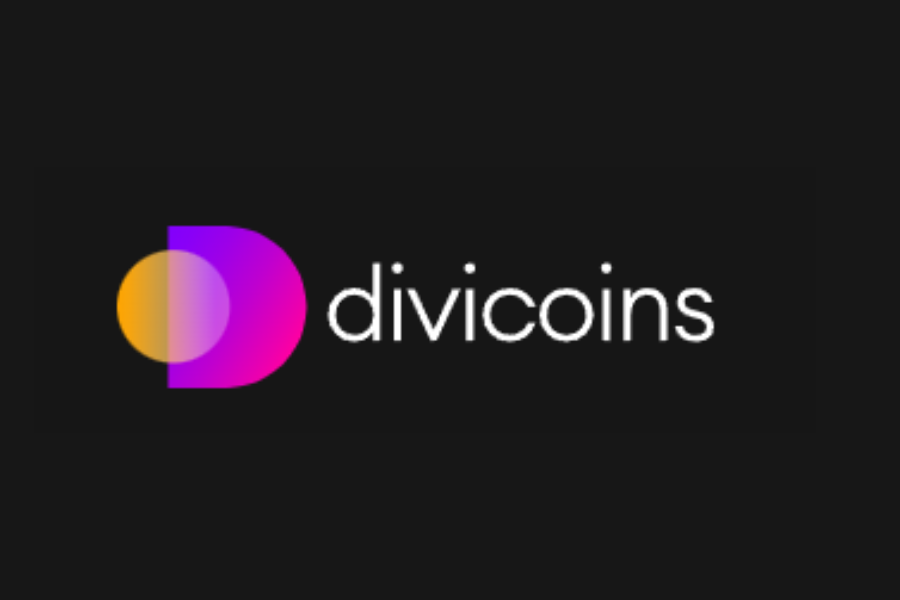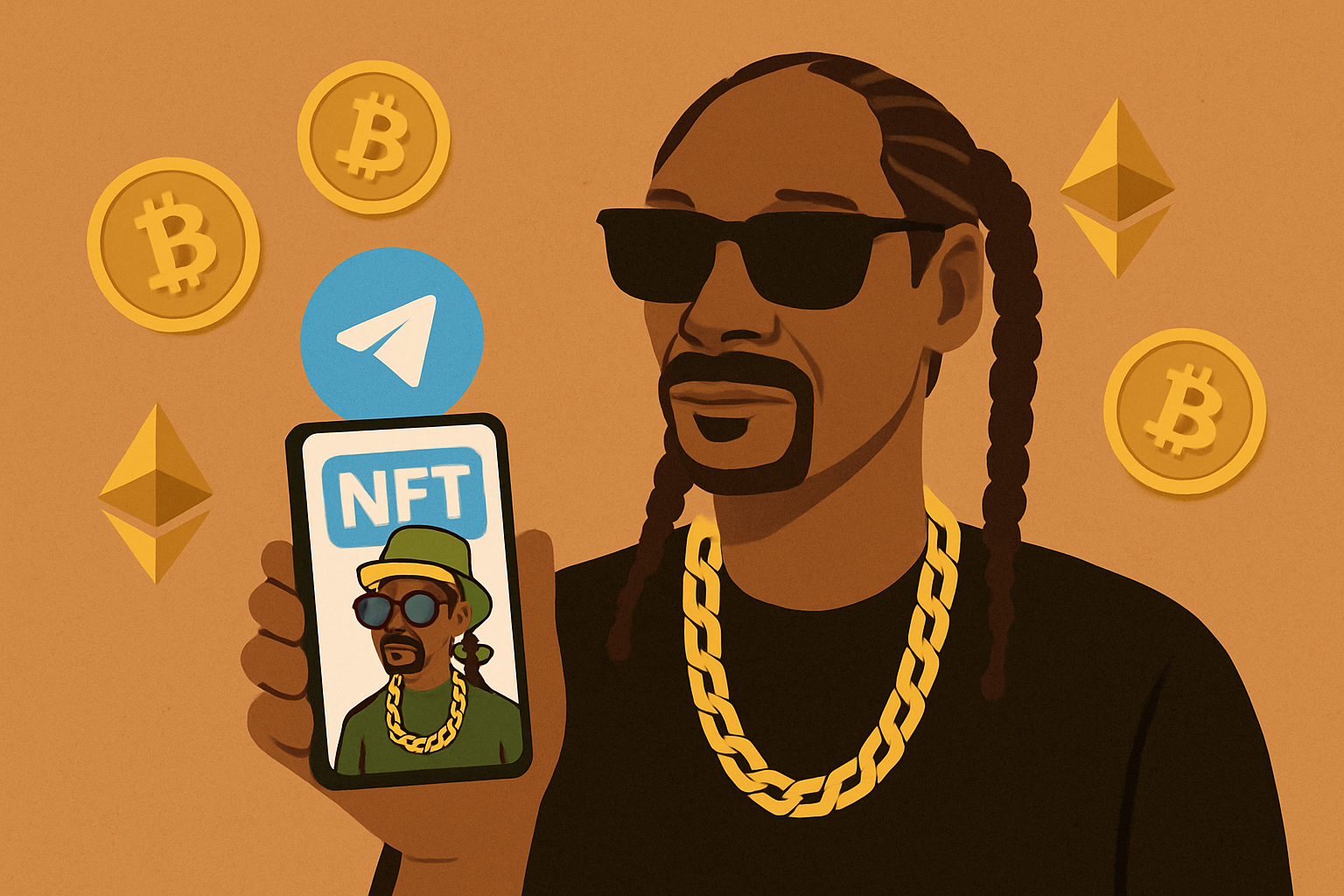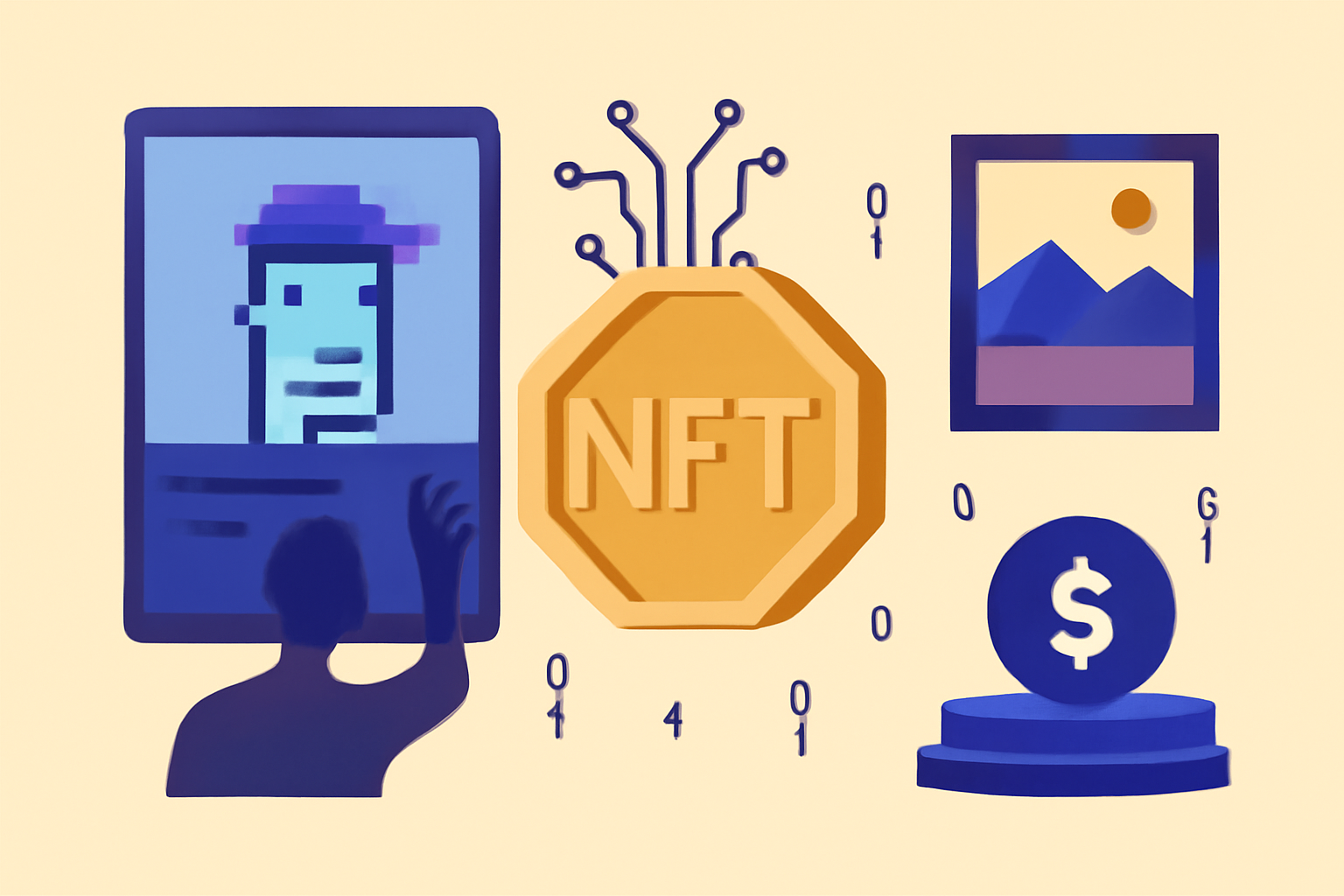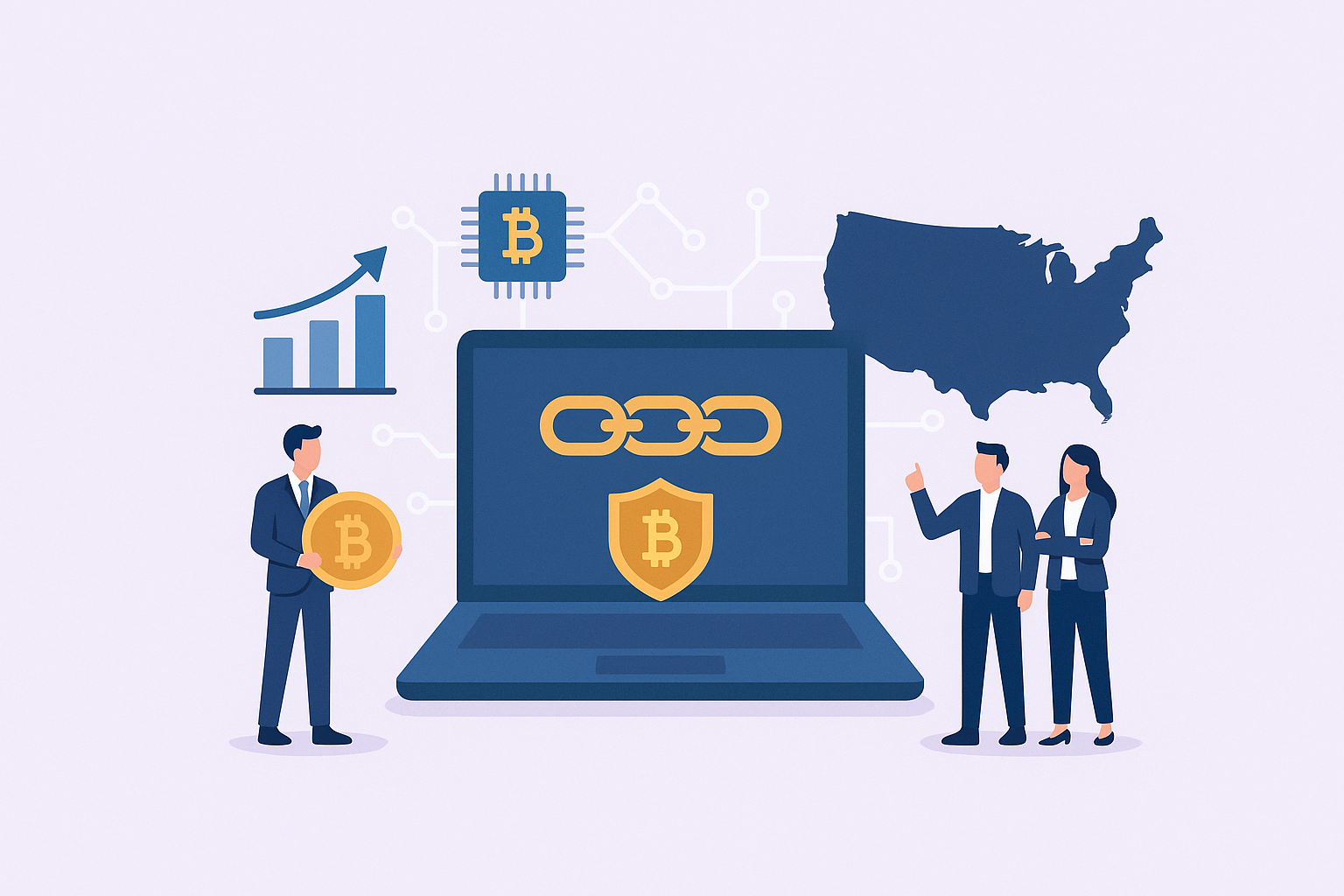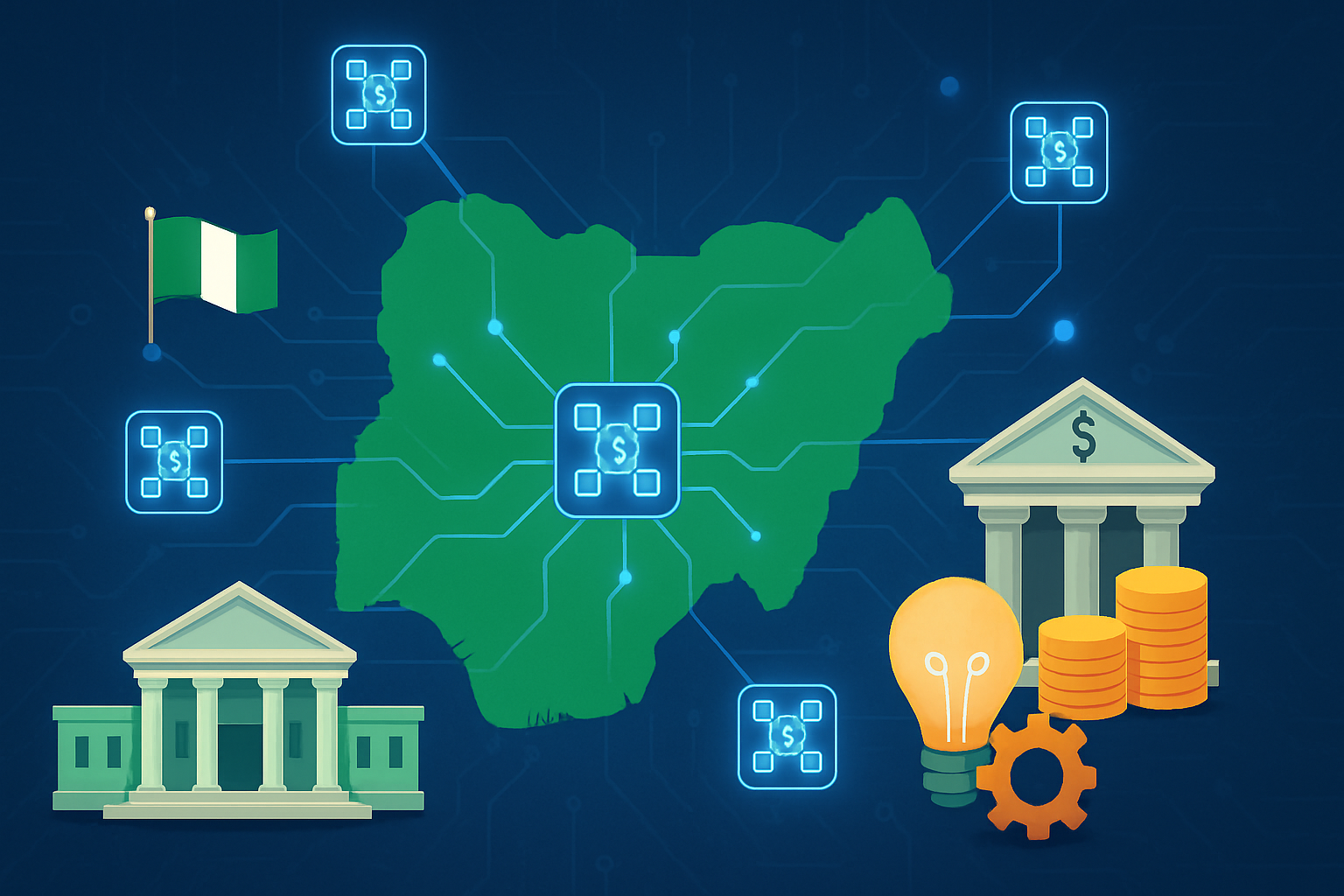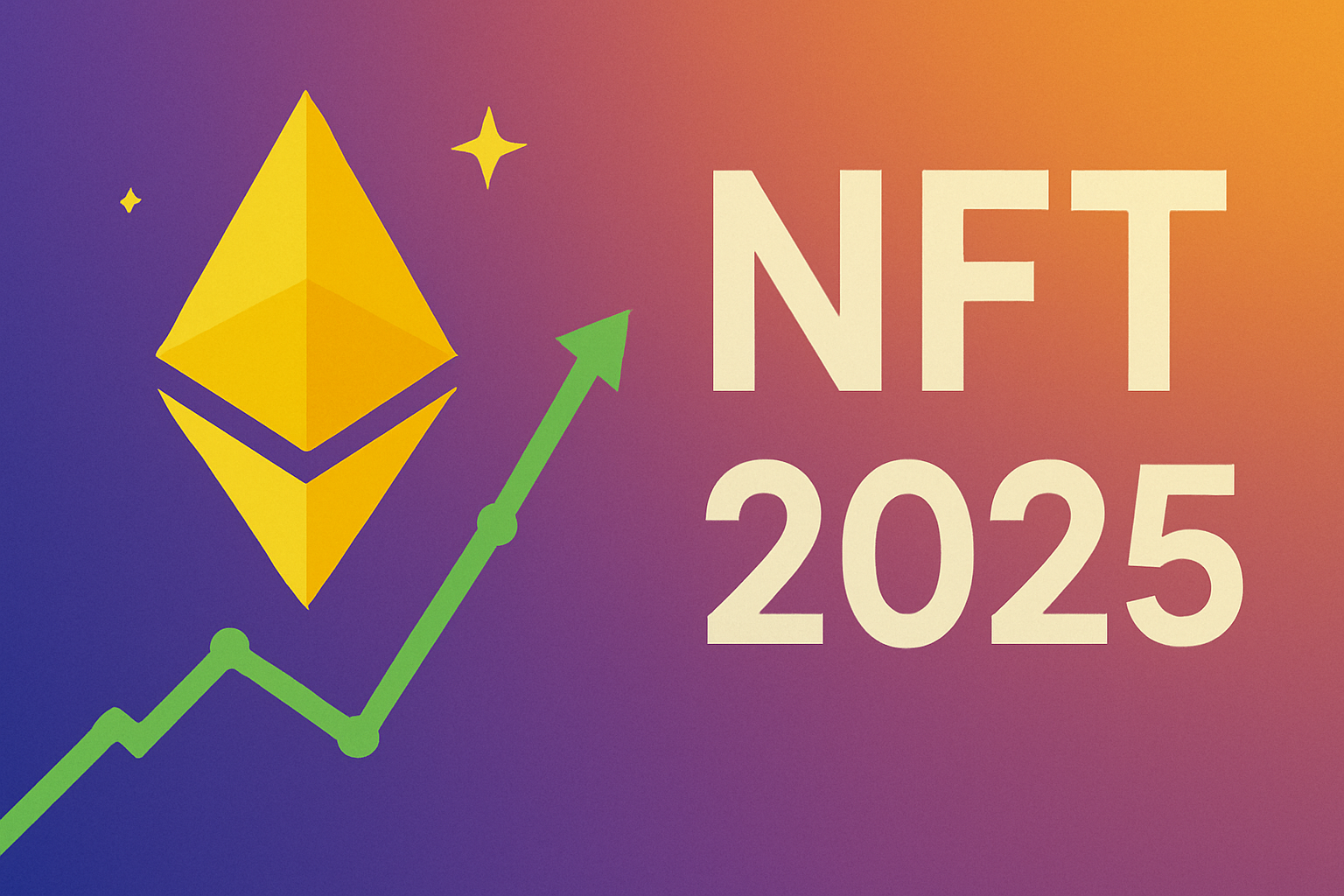Crypto Finance
Understanding the Differences between Crypto Coin and Crypto Token
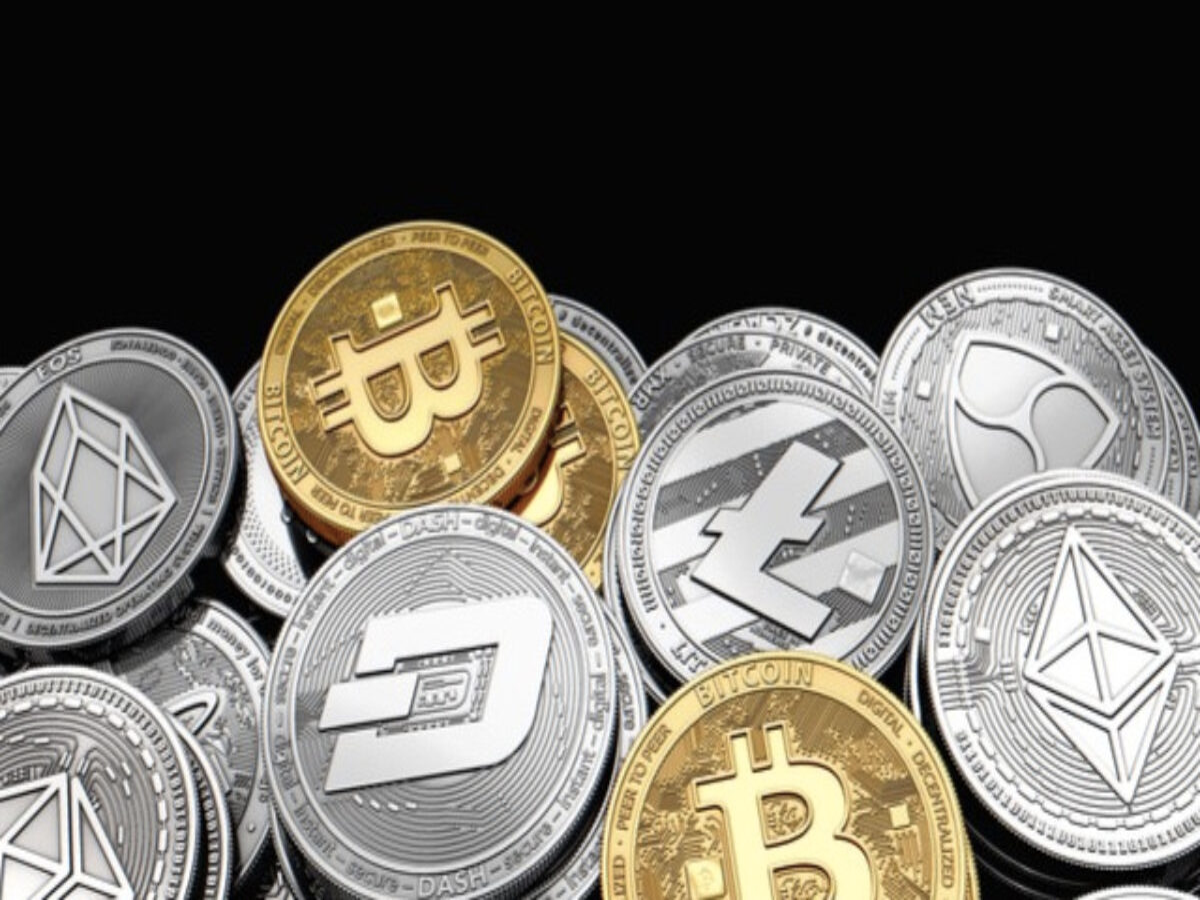
Crypto coin and crypto token, or coin and token, mentioned in the cryptocurrency industry, are frequently used interchangeably. Crypto-asset enthusiasts usually understand that these two entities are the same.
However, virtual currency traders, especially novice ones, are recommended to learn cryptocurrency lingo and the disparities between crypto coins and crypto tokens. We find this Business Insider India article enlightening, so we are sharing it with our readers.
We believe it can help them comprehend the clear differences between crypto coin and crypto token and improve their virtual currency trading activities. Based on the news posted online by technology and business news source Business Insider India, cryptocurrency exchanges feature two major kinds of currencies: crypto coin and crypto token, or simply “coin” and “token.”
Plenty of these virtual assets trade at a higher value and volume and are more well-known than others. Here is a brief explanation of the salient differences between crypto coins and crypto tokens:
- CRYPTO COIN
Developers of a cryptocurrency coin, crypto coin, or coin made this crypto-asset for spending, similar to money. Common examples of cryptocurrency coins are Bitcoin, Litecoin, Ether, Monero, and Dogecoin, and they are designed to be used directly for transactions, similar to fiat currency.
A crypto coin aids when settling payment for services and products. Additionally, a user can hold a coin for use later.
A crypto coin is divisible into fractions of a whole, and one example is 0.000067 Bitcoin. It is a digital asset native to its blockchain.
For example, Ether operates on its Ethereum blockchain while Bitcoin operates on its own blockchain, and so forth. Crypto coin developers typically build a standalone infrastructure.
They select how their cryptocurrency coins come into existence, the users they reward, and how secure their coins are from attacks. Crypto coin developers also choose how their coin’s supply is managed and how their transactions are recorded or processed.
- CRYPTO TOKEN
Crypto coin and crypto token are dissimilar. Cryptocurrency tokens are a virtual asset’s representation, and they are digital files functioning as tradable assets.
Common examples of tokens are Uniswap, Tether, Chainlink, and Polygon. Plus, tokens are not the same as crypto coins which directly represent a proposed exchange medium.
Users can hold crypto tokens for value, trading, and staking to earn interest. Crypto coin and crypto tokens are also not the same because users employ the latter with decentralized applications or DApps.
Crypto token developers typically build these assets atop an existing blockchain. Their assets get to share an existing blockchain’s benefits without an independent infrastructure which is unlike crypto coins.
For example, Polygon is an Indian virtual currency platform that targets offering cheaper and faster transactions on the Ethereum blockchain. It is not the sole Ethereum blockchain user.
A large number of DApps run on the Ethereum blockchain as of 2021. The latter permits smart contracts, so their tokens utilize the Ether coin internally.
Some tokens also utilize more than one blockchain to reduce user costs and gain speed, like stablecoin Tether. Finally, crypto coins and crypto tokens are dissimilar as the latter can choose not to get bounded to a single blockchain.
Therefore, a crypto token gains flexibility and becomes easier to trade. DApps that employ tokens are notably easier to develop than crypto coins.
This reality has led to some thrilling applications like non-fungible tokens and decentralized finance. We believe our readers can better engage with their cryptocurrency trading journey by understanding the key differences between crypto coin and crypto token.
After all, we understand and want to inform them that every cryptocurrency’s difference is not visible immediately for investors selecting between hundreds of various virtual currencies.






